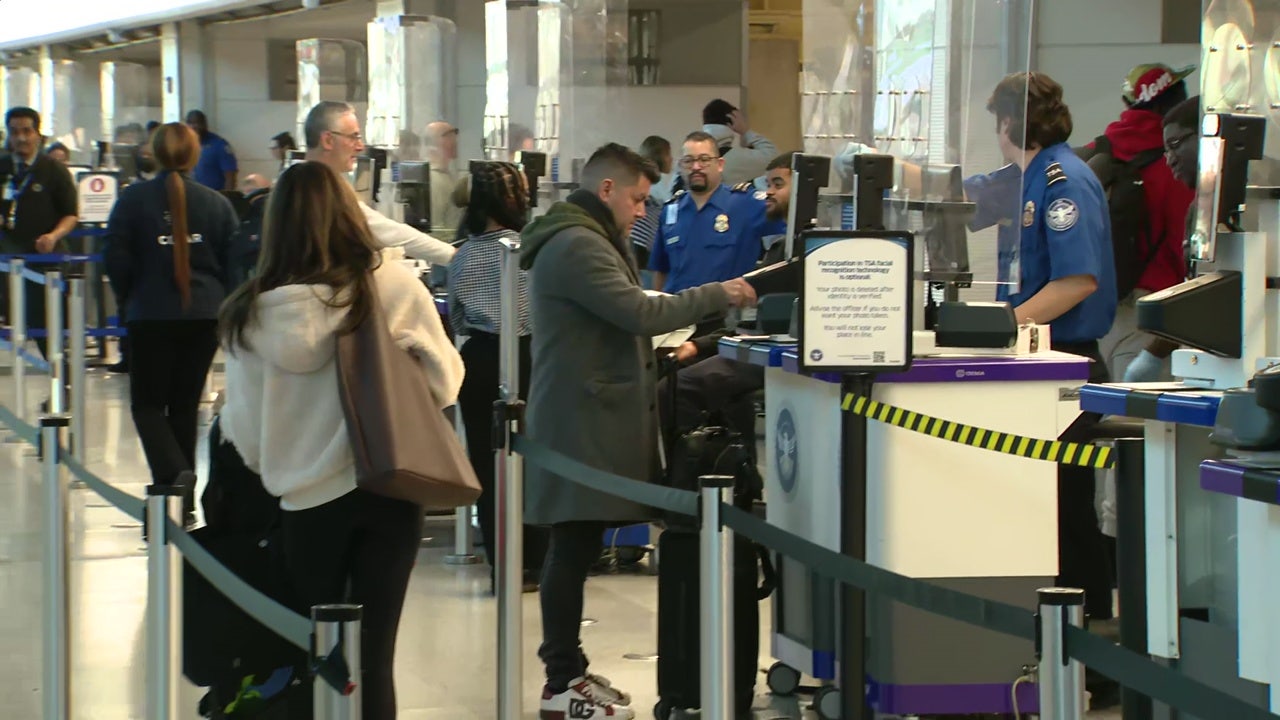Gambling
The New Pete Rose Documentary Is the Documentary Pete Rose Deserves

Little about Pete Rose has changed since we met in 1997, when I hung with him over a couple of weeks—first at the Pete Rose Ballpark Cafe, now defunct, in Boca Raton, then while he signed his name for a few hours (and $15,000) at a boat show in Odessa, Texas, followed by an evening with him and his wife and kids at their home in L.A. Pete was living in Florida, parked at his café all day every day, hustling waitresses and memorabilia, and he rarely visited Los Angeles.
“You do what you gotta do,” Pete told me about his long-distance family situation. Hand to God, the guy didn’t even know his kids’ pet’s names.
Eighty-three years old now, Rose is still MLB’s career leader in a few categories, including hits—4,256. He is still the Hit King, and being the Hit King is still Pete’s alpha and omega. Finally—and, yeah, tragically—Pete Rose is still ineligible for election to Baseball’s Hall of Fame.
Charlie Hustle and the Matter of Pete Rose, HBO’s new four-part sports doc, is worth your time, especially if you love baseball history as I do. It does not plead Rose’s case, and in truth, no case can be made. The rule he violated is baseball’s most sacrosanct and has been since eight of Chicago’s Black Sox were banned for life from the majors for taking bribes to tank the 1919 World Series. Rule 21, Section D, Number 2: A player or official involved in a game who bets on that game “shall be declared permanently ineligible.”
Pete Rose bet on the Cincinnati Reds while he was a player and manager. He bet on them scores of times, always to win, and left a telephone trail that made it an open-and-shut case despite Rose’s years of lying and denying ever violating Rule 21. He got railroaded in the sense that he was never found guilty in a court of law; one man, MLB’s commissioner, was his judge and jury and banned him for life in 1989. He finally confessed the truth but only to juice his 2004 autobiography, following up by peddling signed balls inscribed with “I’m sorry I bet on baseball—Pete Rose.”
In lieu of presenting character witnesses in any traditional sense, Charlie Hustle features a parade of Rose’s off-field crew of steroid-crazed enablers, drug dealers, and bookmakers, including a rat who tried to blackmail Rose. Pete wound up doing a five-month bit at USP Marion for income-tax fraud. He did not come out of jail a changed man, and age has only hardened him. He’s as bilious as a reflux burp and as likable as lice.
With his white-on-white Hit King cap clamped to his pelt and an HK monogram sewn on his shirt’s collar, a sneering, scowling, sad clown, Rose comes off cruel, bitter, and deeply, profoundly hurt. He’s on camera in close-up for most of each episode, profane, outraged by how it all turned out, and accountable for nothing.
Over and over in Charlie Hustle, Pete Rose reveals who hurt him: Harry Rose, his dad, a bank clerk and local sports legend who played semipro football into his forties and was determined to sire a pro athlete.
“People always told me, ‘If you’re half the man your dad was, you’ll be a helluva man,’” Rose says 13 minutes into the first episode. Speaking of the play that first earned him national notoriety—Rose plated the winning run in 1970’s All-Star Game by trucking a rookie catcher, dislocating and breaking the catcher’s shoulder—Pete says, “If my father’d seen me come in like a little sissy, he woulda kicked the hell outta me. He woulda whipped my ass.”
Harry made Pete into a switch-hitter at age ten and taught him that winning is everything and that losing is hurt and humiliation. Harry died in late 1970, when Pete was 29 and Pete’s first son, Pete Rose Jr., was a year old. Pete didn’t turn Junior into a switch-hitter; he made him a Reds batboy instead, and a baseball lifer. Junior appears for a couple minutes in one Charlie Hustle episode, a chubby, wistful 54-year-old kid in a White Sox hoodie. Junior toiled for 13 seasons in the minors and came to bat in the bigs 14 times when he was 27 years old. He has two career MLB hits.
“He got over 2,000 hits in the minors,” Pete Sr. snarls. “He got fucked because of me.”
Actually, Junior is officially credited with 1,879 hits over his 21 seasons in the sticks, including a few he picked up along the way in Mexican leagues.
“I’m a Rose,” says Junior, with no evident irony or regret. “My idol is number 14.” That’s the number—the only number—his big-league dad wore.
Charlie Hustle barely mentions the monstrous human centipede that MLB, the NFL, and the NBA have now assembled with online bookmakers to drain every last drop of blood money from fans dumb enough to flush their cash down a crapper jammed with an estimated $25 billion in the U.S. this year alone.
Some fraction of those bettors—an estimated 20 million Americans have gambling problems now—will grow addicted to the action. And week after week, all the major American pro sports are now suspending an increasing number players for gambling on games. Rule 21 isn’t going anywhere—and number 14 is never going to be on a plaque in Cooperstown. Pete Rose is a loser, a truth that can’t be covered by a ball cap.









